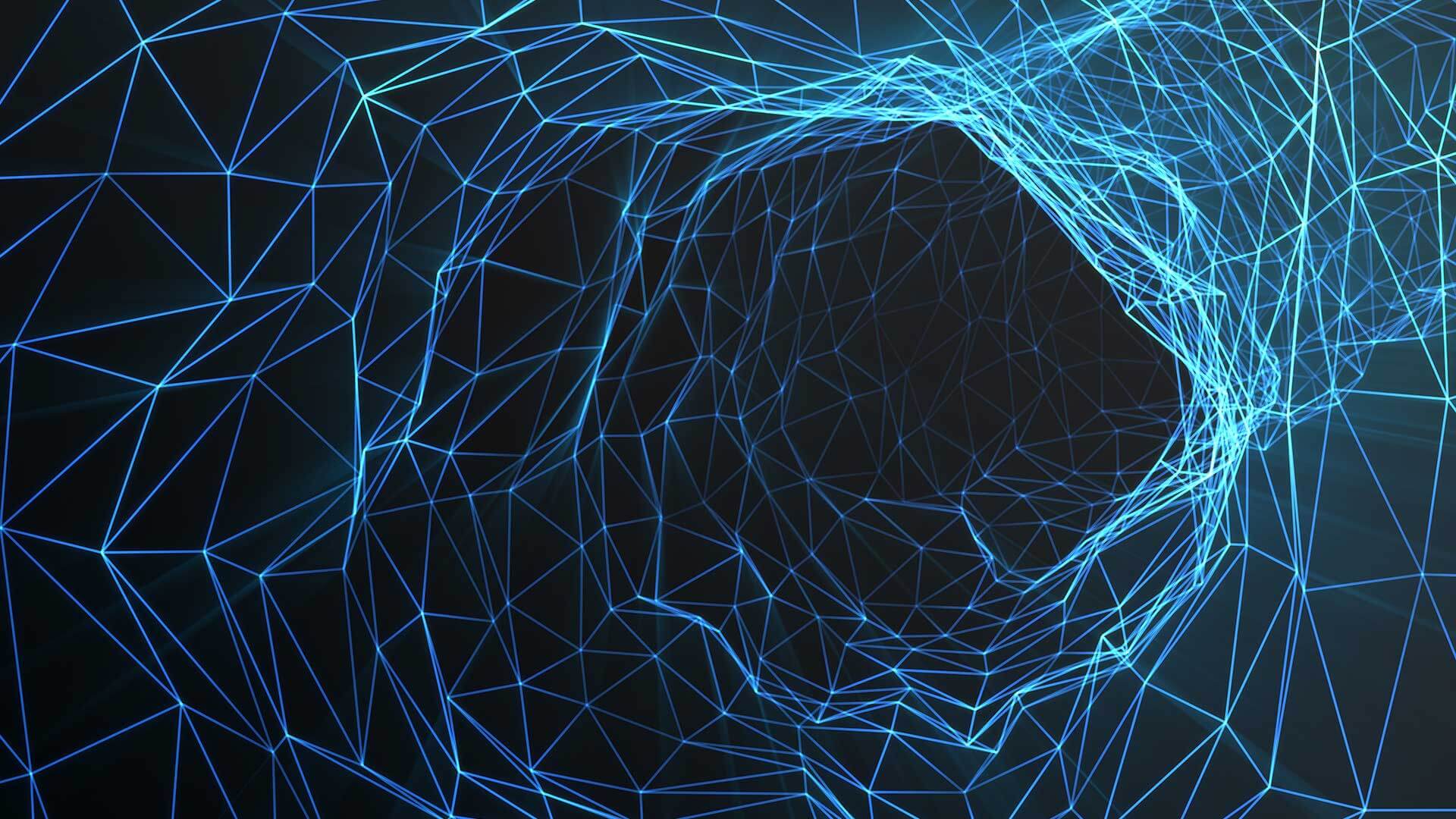Study line
Study line in Quantum Engineering at DTU
The study line in quantum engineering focuses on the understanding, control, and design of complex quantum systems for applications in emerging quantum technologies.

Over a third of all DTU's institutes and centres is involved in quantum research in areas such as sensors, communication, computers, and simulators. Quantum DTU is a joint gateway to these competencies, spanning research, education, and collaboration, as well as the development of quantum technology.
Quantum technology is a fast-growing field for which we do not yet know the full potential. For example, we expect that the quantum computer will be able to perform the complicated calculations that are necessary to solve societal problems such as Earth's climate, renewable energy, cyber security and the development of new medicine.
DTU is involved in quantum research, development, and startup in areas such as quantum sensors, quantum communication and encryption, and quantum computers.
Quantum DTU makes quantum technology available to society, companies, and authorities so that quantum technologies can be developed for the benefit of people.
Do you want to know more about quantum technology?
Quantum technology has the potential to contribute to solutions to the many challenges facing the world.
DTU works to develop quantum technologies, both via basic research and applied research, so that quantum technology can become applicable to companies and authorities.
If you are interested in collaborating with DTU to develop quantum technology, please contact us.
Oops, this feature requires cookies
To view the content, you must change your cookie consent to allow functionality cookies
DTU is active in three main areas within quantum technology. Our involvement spans centers, sections, groups, individuals, and specific projects. Learn more about our engagement by following the links below.
Two of our research centers, bigQ and NanoPhoton, are dedicated to developing quantum computing hardware, primarily based on photonics. Our sections also specialize in material characterization relevant to future quantum computing hardware.
Additionally, our groups and individual researchers explore materials for quantum computing and the creation and applications of quantum algorithms in areas such as chemistry, wind energy, biochemistry, and the integration of quantum computing in high-performance computing.
Follow the links to learn more about the various aspects of our quantum computing research.
Three of our research centers, bigQ, NanoPhoton and SPOC, focus on different aspects of quantum communication devices. BigQ and SPOC specialize in continuous and discrete variable quantum information, respectively, while Nanophoton focuses on light-matter interactions, including emission of indistinguishable single photons from quantum dots.
Researchers at DTU Compute also address the need for post-quantum cryptography.
We are engaged in multiple national and international projects, including the Danish Quantum Communication Infrastructure (QCI).
Follow the links to learn more about the various aspects of our quantum communication research.
Two centers under DTU Physics, bigQ and Copenhagen Center for Biomedical Quantum Sensing, focus on quantum sensing using NV center magnetometry to study biological signals in muscles, collaborating with the Magnetic Resonance by Optics group at DTU Health to study individual cells.
DTU Space investigates gravimetry and magnetometry as another aspect of quantum sensing.
Follow the links to learn more about the various aspects of our quantum sensing research.
Great facilities are available at DTU for developing and producing quantum technology. They can be accessed either directly by external users, such as our state-of-the-art clean room and electron microscopes, or in collaboration with our researchers. Please follow the links below and contact the relevant researchers to learn more.
Study line
The study line in quantum engineering focuses on the understanding, control, and design of complex quantum systems for applications in emerging quantum technologies.
MSc programme
The 2-year MSc program in Quantum Information Science is an interdisciplinary programme combining computer science, mathematics, and physics.
Course
This course prepare the students for the technology of tomorrow in information transfer, the Quantum Internet.
More study lines
Danish universities offer a range of courses and study lines in quantum technology, which can be found on the Quantum Exchange Portal of the Danish Quantum Community website.
Maria Cerdà Sevilla is the head of Center for Quantum DTU, which forms the basis for an even greater collaboration with companies and authorities to develop quantum technology.
Research, development, and promotion of quantum technologies to enable novel solutions for present and future societal challenges.